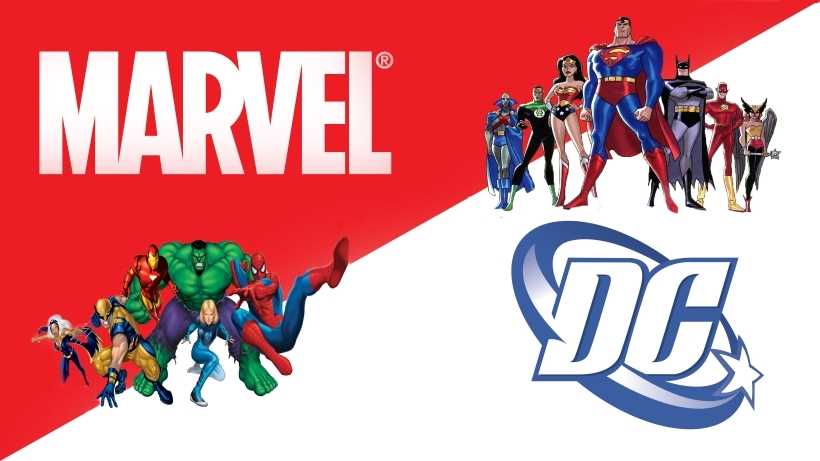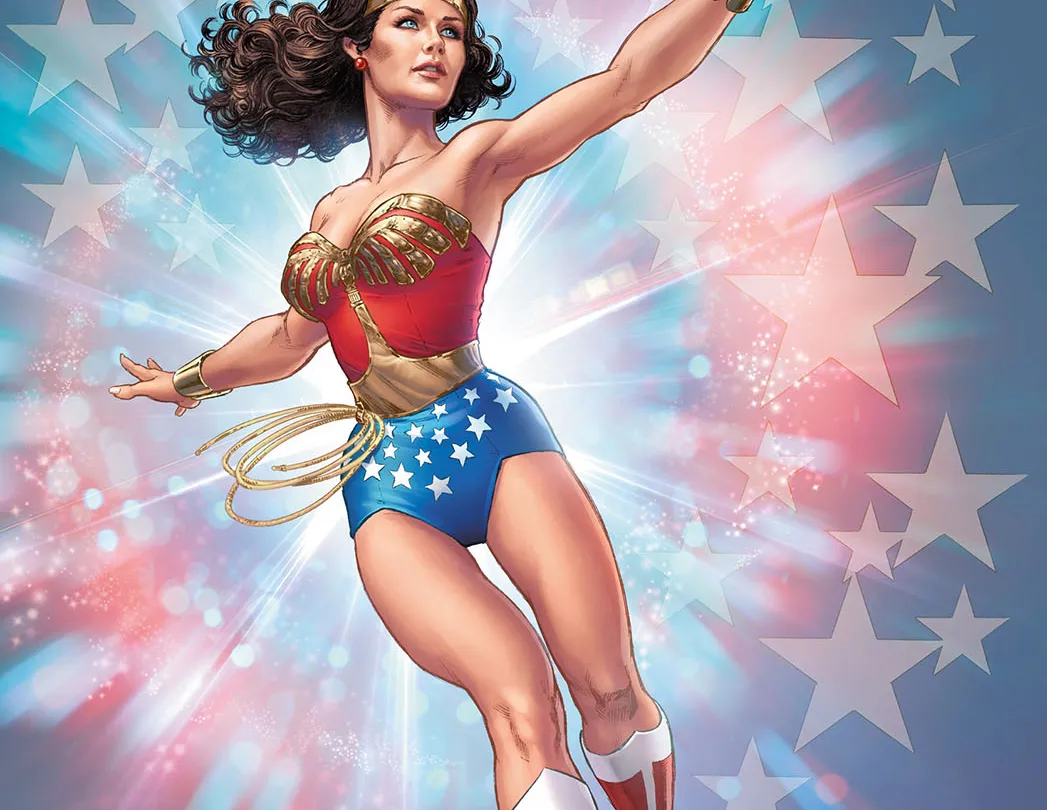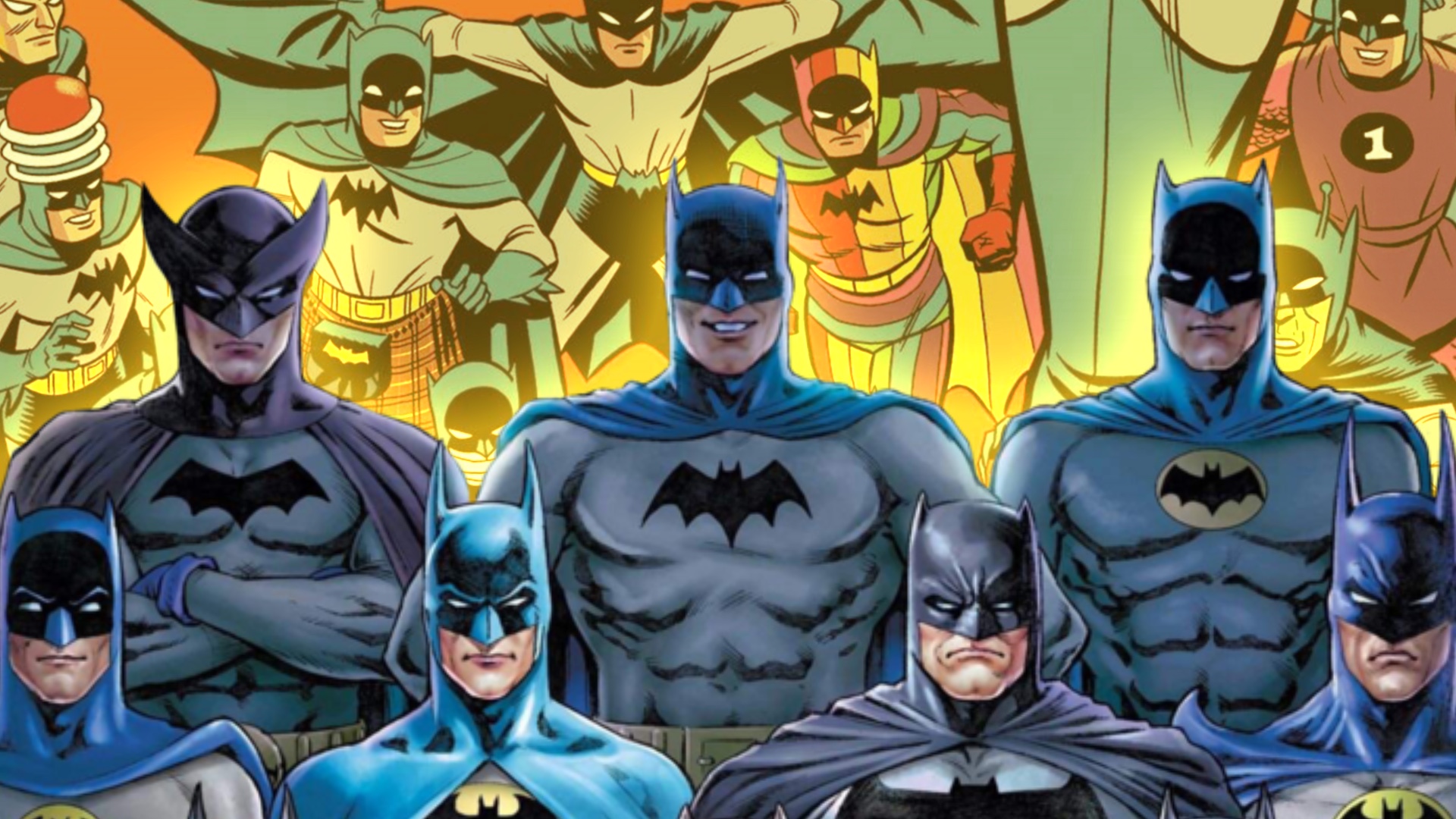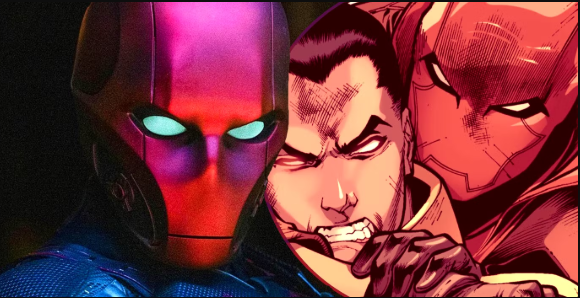For decades, DC Comics and Marvel Comics have been at the forefront of the comic book industry, dominating the superhero genre and creating legions of fans across the globe. Both publishers have introduced some of the most iconic characters in history, including Superman, Batman, and Wonder Woman from DC, and Spider-Man, Iron Man, and Captain America from Marvel. While both companies share a common foundation in superhero storytelling, they have distinct differences in their approach to characters, themes, and world-building, leading to an ongoing rivalry. In this article, we’ll compare DC and Marvel, examining their strengths, unique qualities, and the reasons for their lasting impact on pop culture.
Origins and Tone
DC Comics, founded in 1934 as National Allied Publications, is one of the oldest and most storied comic book publishers. DC introduced its iconic superheroes in the late 1930s and early 1940s, with Superman debuting in 1938. These early heroes were often portrayed as larger-than-life figures who embodied hope, justice, and the American ideal. Superman, Batman, and Wonder Woman symbolized strength, morality, and courage. The DC universe has historically been more rooted in grand, mythic storytelling, with characters often representing good versus evil archetypes.
In contrast, Marvel Comics, founded in 1939 as Timely Publications, took a different approach to character development. While early Marvel characters like Captain America were imbued with patriotic themes, Marvel’s rise in popularity came in the 1960s under the leadership of writer Stan Lee and artists like Jack Kirby and Steve Ditko. Marvel revolutionized the genre by creating superheroes who were flawed, relatable, and grounded in real-world problems. Spider-Man, for example, was a teenager dealing with high school struggles, personal loss, and financial difficulties—issues that made him more accessible to readers. Marvel’s characters were often portrayed as individuals with personal flaws, insecurities, and complex motivations, which resonated with a broader audience.
World-Building and Continuity
One of the key differences between DC and Marvel lies in their world-building and continuity. DC’s universe is often seen as more idealized and fantastical, with its characters operating in a world where they are larger-than-life beings. Gotham City, Metropolis, and Themyscira are among DC’s fictional cities, each with rich mythologies and histories. The DC universe often embraces a sense of mythology, with characters like Wonder Woman drawing inspiration from Greek mythology and Batman in a gothic, noir-inspired version of Gotham. Events in DC tend to have a more epic, cosmic scale, with cross-universe crises and storylines involving alternate dimensions, such as the Crisis on Infinite Earths event.
Marvel, on the other hand, focuses on a more interconnected, grounded world. For example, Marvel’s New York City is depicted as an actual, bustling city, with superheroes like Spider-Man and Daredevil fighting crime in its streets. Marvel’s continuity is often more consistent, with characters like the X-Men, Avengers, and Fantastic Four interacting within a shared universe that feels lived-in and relatable. Marvel’s world is more focused on the human element, with its characters balancing their superhero duties with everyday challenges like school, work, and relationships. This relatability has contributed to Marvel’s mass appeal and the success of its films in the Marvel Cinematic Universe (MCU).
Film and Television Adaptations
The rivalry between DC and Marvel has reached new heights in the 21st century, particularly in film and television. Marvel’s cinematic success began with the release of Iron Man in 2008, which laid the foundation for the MCU. The interconnected nature of Marvel’s films, with characters crossing into each other’s stories, has been a defining feature of the MCU. Films like The Avengers (2012), Black Panther (2018), and Avengers: Endgame (2019) have become cultural phenomena, earning billions of dollars at the box office and establishing Marvel as a dominant force in the film industry.
DC, in contrast, has faced a more uneven film history. While fans loved the 1978 Superman and 1989 Batman films, the DC Extended Universe (DCEU) has had a more turbulent reception. Films like Man of Steel (2013) and Batman v Superman: Dawn of Justice (2016) were divisive, criticizing their darker tone and inconsistent storytelling. However, films like Wonder Woman (2017), Aquaman (2018), and Joker (2019) have been successful both critically and commercially, showcasing that DC still can produce standout movies. The release of The Flash (2023) and the upcoming Aquaman 2 highlights that DC is still working on establishing a cohesive cinematic universe. Still, it has not yet reached the consistency that Marvel has achieved.
Cultural Impact and Legacy
Both DC and Marvel have left an indelible mark on pop culture. DC’s heroes, notably Superman and Batman, have become symbols of justice and heroism for over 80 years, inspiring generations of fans. Superman, as the first superhero, symbolizes hope, while Batman’s journey from tragedy to heroism resonates with those facing adversity. Wonder Woman has become an empowering figure for women, and the Justice League remains one of the most recognizable superhero teams in history.
On the other hand, Marvel revolutionized superhero storytelling by creating characters with depth and relatability. Spider-Man, Iron Man, and the X-Men have become symbols of personal growth, resilience, and social justice. The MCU’s success has cemented Marvel’s dominance in the modern era, attracting new fans and expanding its influence through television, streaming, and comics.
Conclusion
In the battle between DC and Marvel, there is no definitive answer to which publisher is better—both have their strengths, and each has contributed something unique to the world of superheroes. DC’s grand, mythic approach and iconic characters provide a timeless foundation for its universe, while Marvel’s relatable, grounded heroes and interconnected storytelling have redefined the superhero genre for modern audiences. Ultimately, the rivalry between these two comic giants has enriched the superhero landscape, providing fans with a wealth of stories, characters, and worlds to explore.




